THE MASTER: P.T. Anderson’s Enigma of a Man Decoded
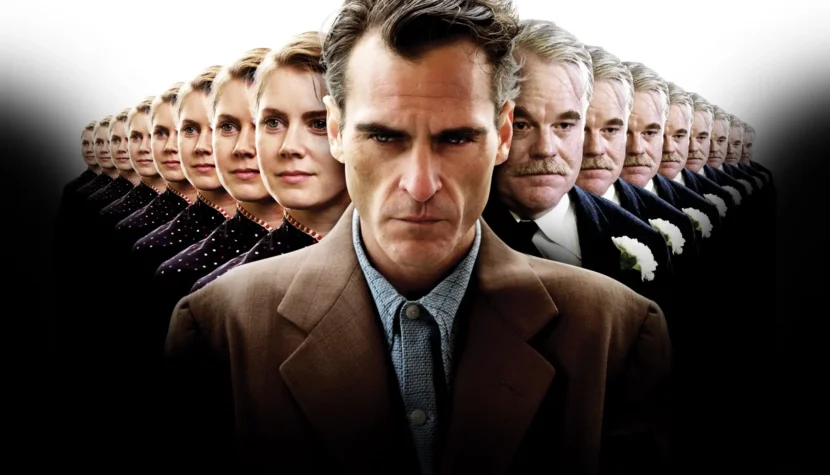
But this has its upsides. Without a doubt, the viewer feels that they are not being fed something made in haste; they feel appreciated when they receive a film that is visually and narratively polished in every aspect. This is how a recognizable brand is created, and Anderson’s name has undoubtedly become one.
Paul Thomas Anderson is already a classic. If anyone had doubts after Boogie Nights or Magnolia, they surely reconsidered after watching There Will Be Blood. Without question, we are now looking at a director worthy of soon being included in the canon of world cinema. Once, Anderson was compared to Robert Altman and Todd Solondz as a keen observer of American society. Nowadays, he is spoken of as the successor to Stanley Kubrick himself, with a love for meticulousness, long takes, and a specific sense of humor. It is no surprise, then, that every time a new masterpiece signed by his name is expected, it is accompanied by great emotions, bordering on growing excitement. I was sure Anderson would once again show his class and not disappoint. And perhaps it was this certainty that killed me because my reaction to The Master was at least inadequate to my expectations. Yes, I knew I was dealing with something extraordinary, but for the life of me, I couldn’t process it in any way. And I think that’s still the case. Partly for this reason—but also due to the lack of thorough texts about then Anderson’s latest work—I decided to take a closer look at The Master. Maybe this review will help me—or you—sort out my thoughts and evaluate it properly.
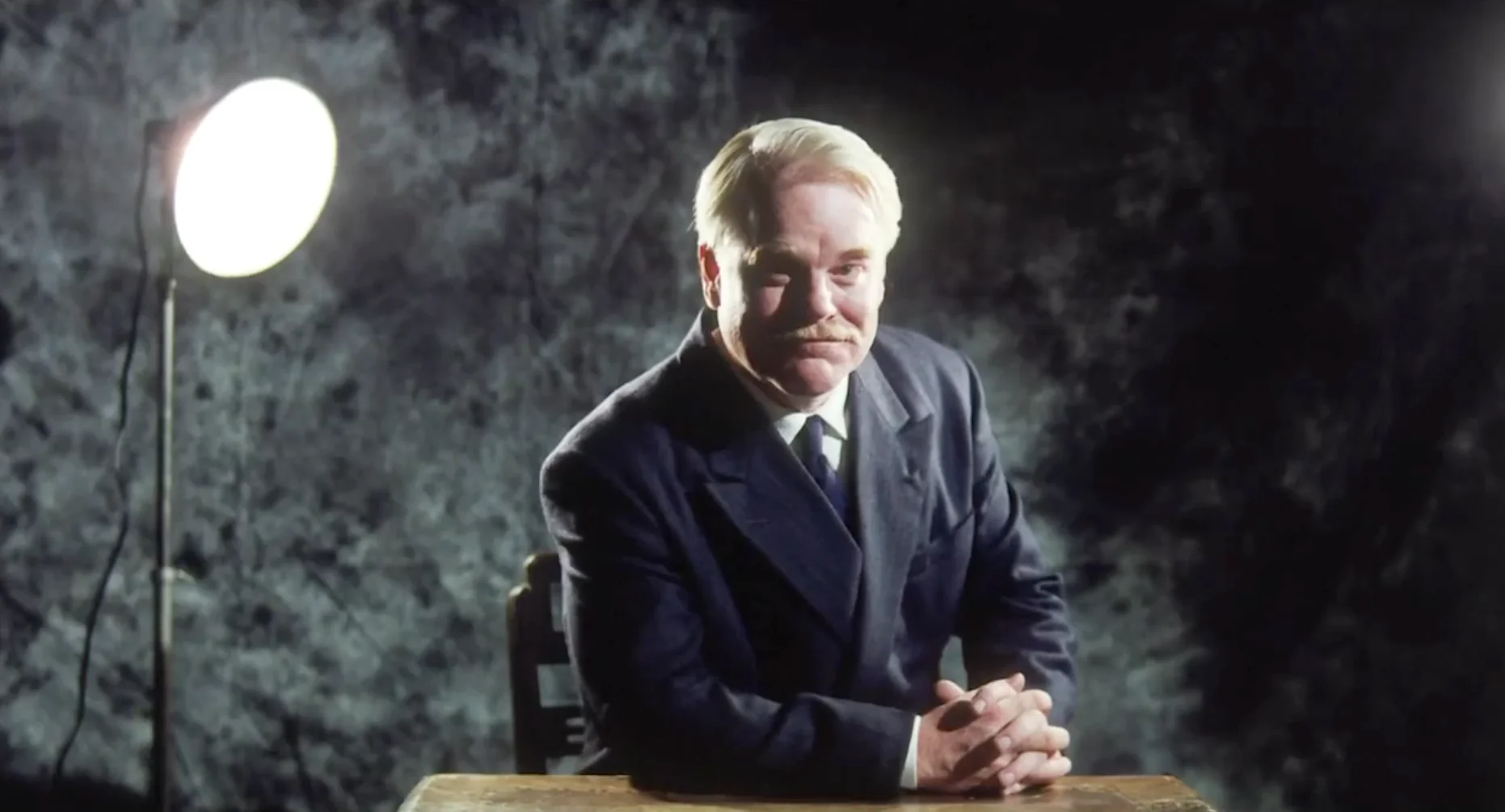
Let’s start from the beginning. When the first rumors suggested that the screenplay for the successor to the genius There Will Be Blood was loosely based on the life story of L. Ron Hubbard—an author of fantasy and science fiction stories but known primarily as the founder of the Church of Scientology—there was an uproar. After all, making a film about any religion carries a high likelihood of controversy, especially when it involves a very influential and destructive cult, as Hubbard’s creation is undoubtedly considered. This organization, which calls itself religious, is dedicated to promoting the development of the human spirit, along with counseling and rehabilitation programs. Many members of this organization claim that Hubbard’s teachings (known in Scientology terminology as “technology”) freed them from addictions, depression, neuroses, mental illnesses, and other troubles. The offerings of such courses or Scientology practices are not free—the road to “salvation” is long and very costly, which is why Scientology is called the “religion of the rich.” Since its inception, Scientology has been the subject of many controversies, attacks, and criticism, mainly from the Catholic Church and medical circles, particularly psychologists. Its activities have been entirely or partially banned in some European countries (e.g., France, Germany). Moreover, it has been accused of economic crimes, psychological terror, and human rights violations. The penalties for those who try to leave the teachings and membership are very severe. It is also a sect hostile to those who dare to criticize it.
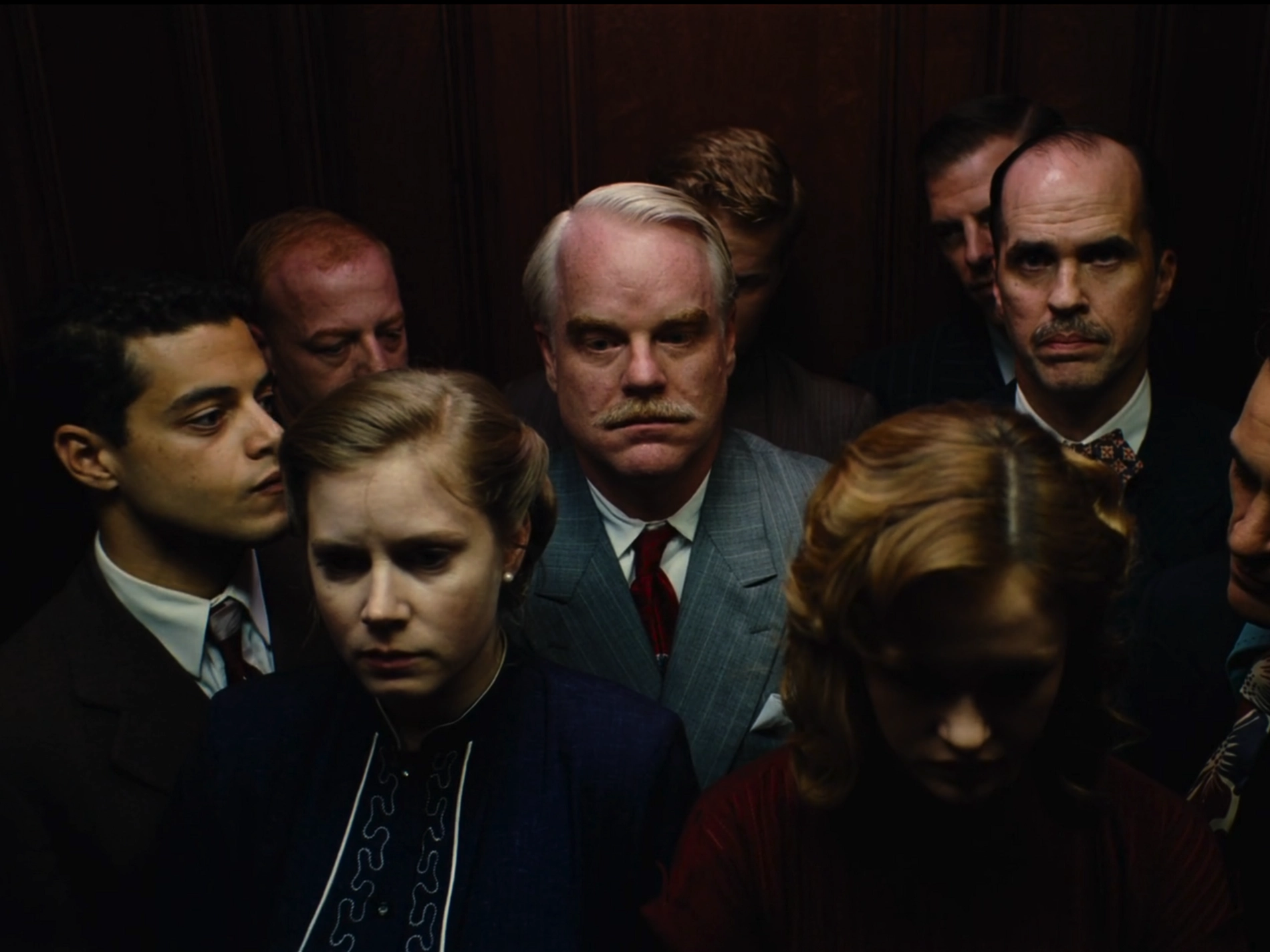
The fact that a film referencing Scientology in any way was being made was likely enough for the production to be halted at a very early stage. Anderson did not have it easy. Scientologists are described as very influential in Hollywood, leading to speculation that the sect might have blocked the production of the film out of fear that the creators would portray its founder in an unfavorable light. Thus, for “unexplained” reasons, Universal Studios refused the director the promised $35 million. Fortunately, someone unafraid of Scientology’s blackmail stepped in and had no problem funding the start of filming. That investor was Megan Ellison, heiress to the fortune of Larry Ellison, billionaire and head of Oracle, the world’s third-largest software vendor by revenue, after Microsoft and IBM. Ellison had recently become interested in cinema, as she is the founder of the production company Annapurna Pictures, which funded the Coen brothers’ True Grit, Kathryn Bigelow’s Zero Dark Thirty, and Andrew Dominik’s Killing Them Softly. So all that was left was to wait and bite our nails in anticipation.
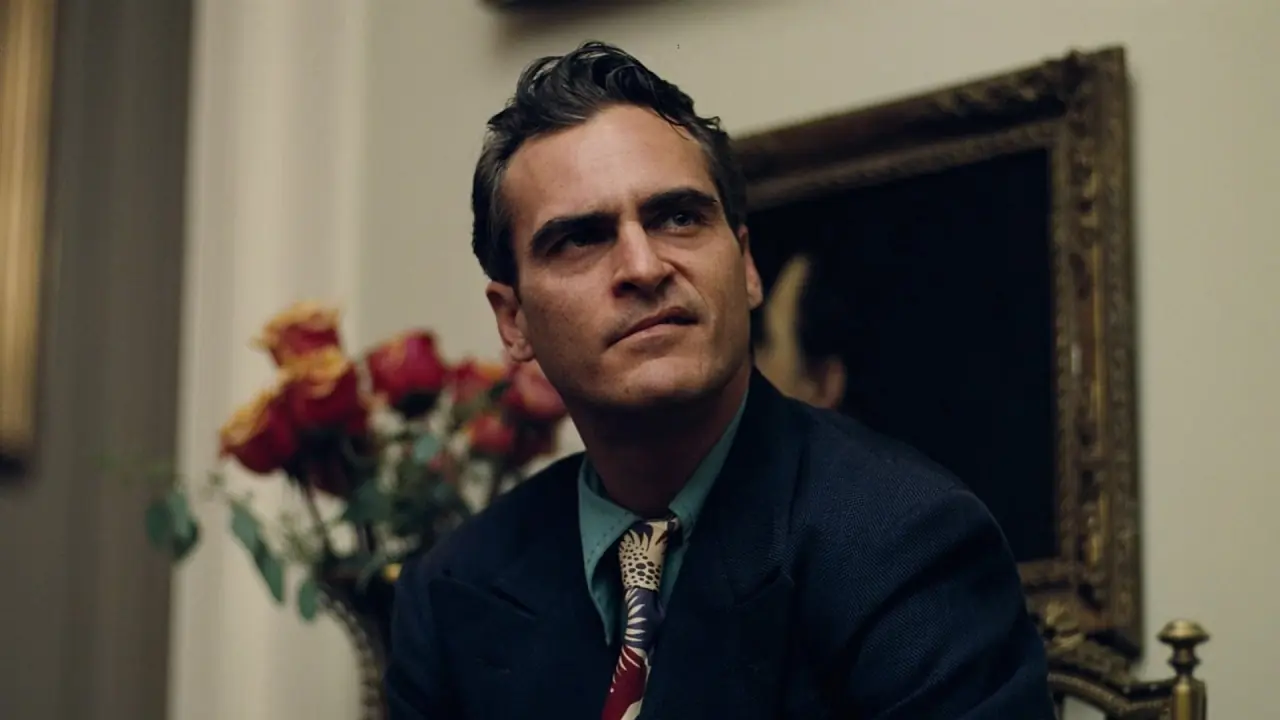
And it worked out. The film premiered at the Venice Film Festival, where it was included in the main competition almost at the last moment, which didn’t prevent it from being considered a frontrunner for the Golden Lion. Of course, as expected, the Church of Scientology condemned Anderson’s film, which unintentionally became a good marketing ploy. Audiences flocked to the film in droves. However, the crowds at the screenings did not translate into a heated discussion about the film itself. The first voices were very muted, if not cautious. For such a highly anticipated work, things got too quiet around The Master. Anderson’s films have never been easy to digest, but with The Master, the director outdid himself. And it’s no wonder. Maybe if he had openly admitted that this was a film about Scientologists, people would have known how to categorize it. Once again, we are dealing with a film that can be understood in several ways, but perhaps for the first time in Anderson’s career, with a film that is so hard to comprehend.
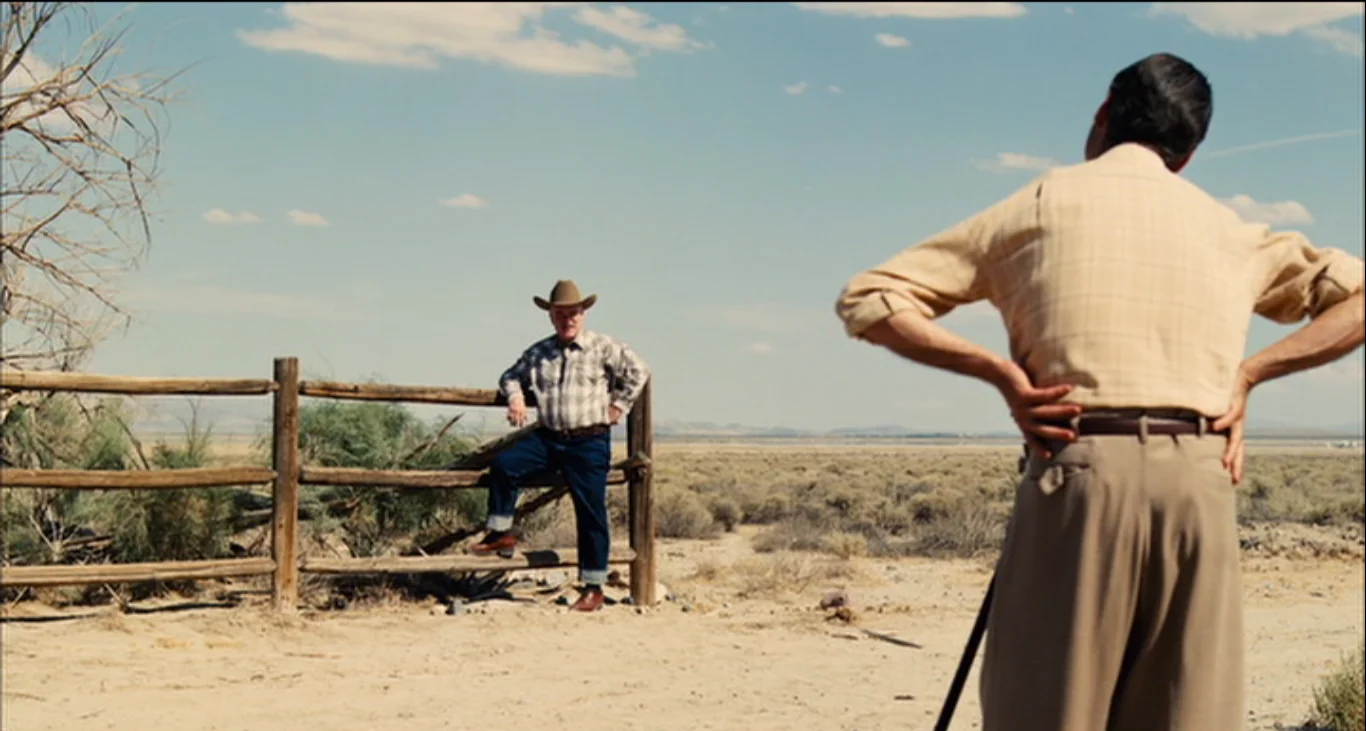
Let’s start, however, with the connections between *The Master* and Scientology, which are so palpable during the screening. I mentioned earlier that the character of Lancaster Dodd, brilliantly portrayed by Philip Seymour Hoffman, is loosely based on the real L. Ron Hubbard, the founder of the Church of Scientology. There are quite a few references. For instance, Dodd, like Hubbard, was married multiple times (and later these wives spoke out against him), traveled to England where he spread his ideas mainly through books, enjoyed creating his works at sea, and had a strong penchant for speed, which ended in a motorcycle accident that caused him severe bodily injuries. Like Hubbard, Dodd presented himself as a writer, doctor, and nuclear physicist. And here’s an interesting fact: the real Hubbard actually fabricated his claim to being a nuclear physicist. This was important since his religion was supposed to be based on science—to develop Scientology (which must be translated as “the science of science”), he needed the authority of a scientist with deep knowledge. However, the reality was much more modest. While Hubbard did attend nuclear physics classes at George Washington University in Washington, D.C., he struggled with the material and was eventually dropped from the class list. Today, of course, Scientologists deny that their guru had educational problems. The film also gives us signals that Lancaster Dodd is not really a well-read man, and certainly not someone with any academic degrees.
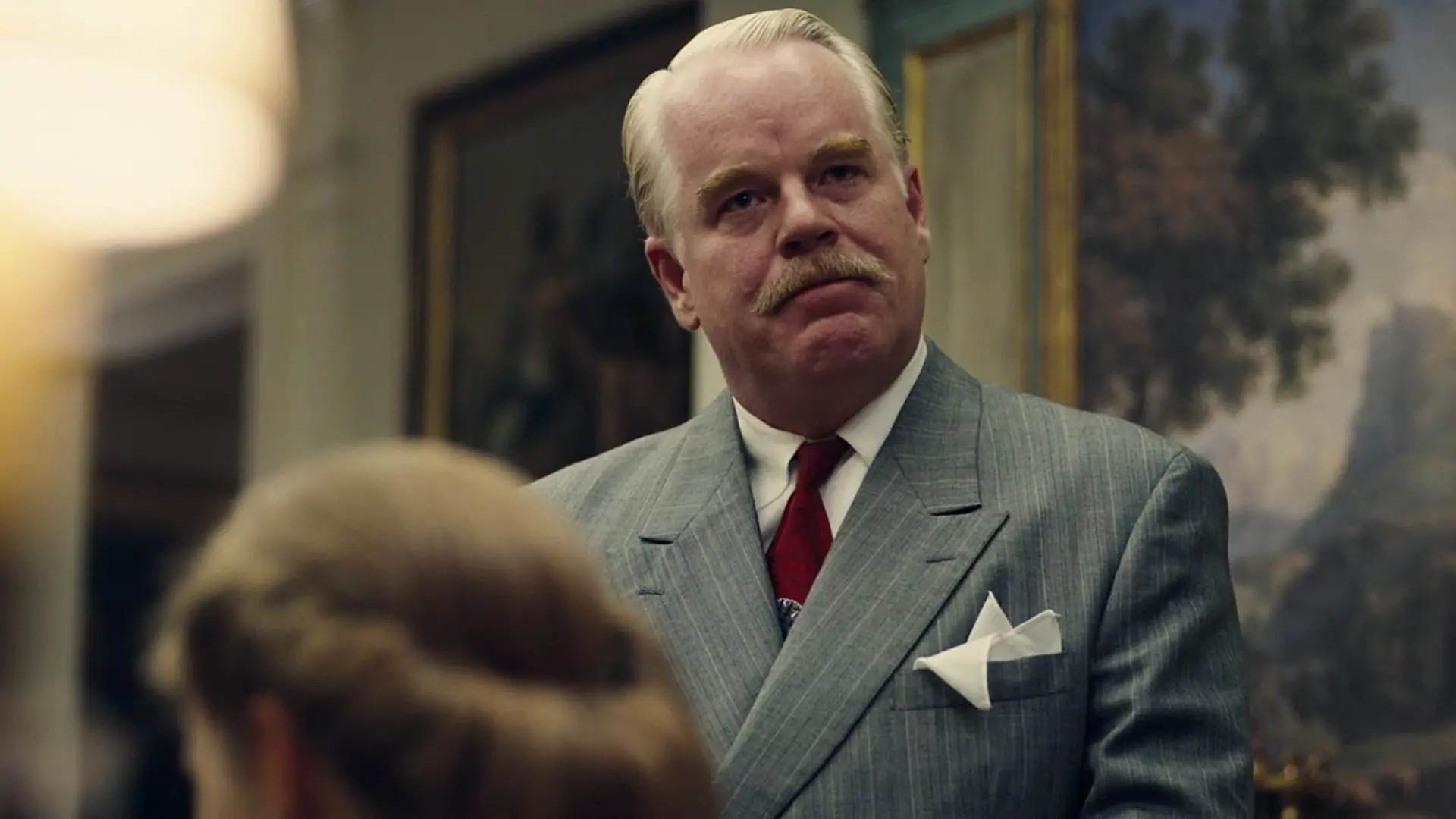
However, what stands out the most is the method of investigation, a sort of experiment in which the main character participates. The investigation is somewhat reminiscent of an interview. Freddie answers a series of repetitive questions, aimed at provoking a desired reaction from Dodd. Anderson was inspired here by the controversial practice known as auditing. The process is supposed to help people rid themselves of the burden of certain traumatic events, or rather their records in the mind (called engrams in Scientology), which are often related to painful past experiences but are so repressed that the person is unable to recall them, yet still reacts emotionally to similar situations. The auditor, someone like Dodd in the film, asks the audited person questions or gives commands designed to trigger a “return” to a specific event (and thus recall it) and relive it multiple times until the emotional responses disappear. The final emotional state is relief, sometimes even euphoria, and a full understanding of one’s previous irrational behaviors. Auditing is currently a lengthy process and can cost many thousands of dollars. In his film, Anderson, while altering the form of the questions somewhat, referenced early techniques developed by Hubbard, which the guru tested on new recruits to his church. In the film, we also see the use of hypnosis and frequent mentions of reincarnation, which also appear in Scientology. Of course, Anderson does not explicitly say that Scientology is bad, harmful, or in any way foolish, although one can sense that he is winking at us from the screen. This is a skill few creators possess, and Anderson undoubtedly deserves praise for it.
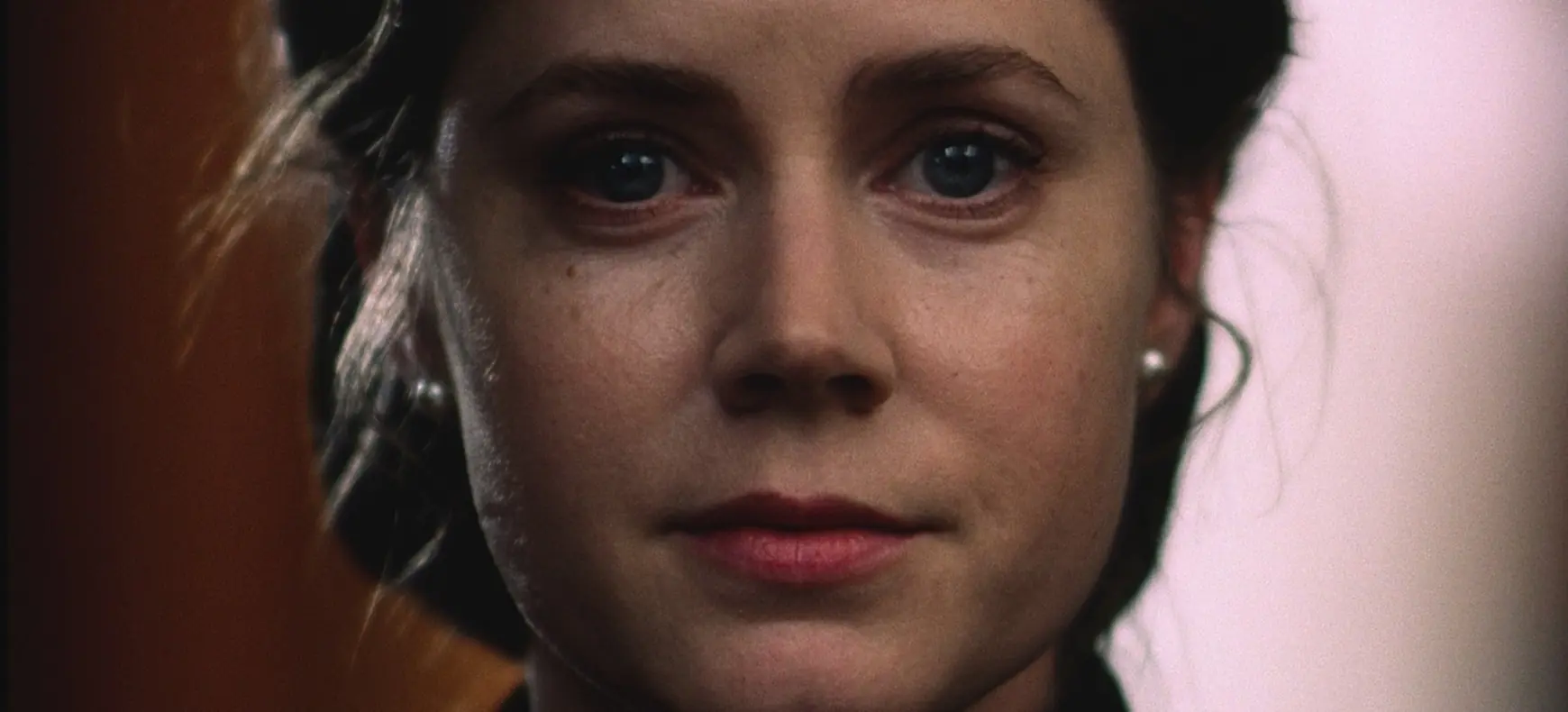
However, The Master is not merely a film about the creator of Scientology, nor is it simply a film inspired by his biography. When crafting the script for his next production, Anderson was also influenced by John Huston’s documentary Let There Be Light, which deals with the critical effects that World War II had on American soldiers and their psyches—a phenomenon akin to the contemporary “Gulf War syndrome,” more formally known as shellshock. In this regard, The Master can be considered an anti-war film. From the very first scenes, we witness the extensive damage caused by war—not in terms of ruined landscapes filled with destroyed buildings, but rather the devastation inflicted on the human psyche. In these initial scenes, Anderson skillfully captures the spirit of post-war America by showing drunk soldiers and their lost expressions upon returning home. The film also touches on the issue of alcoholism, portrayed through the stories of Jason Robards’ experiences with alcohol, which the actor shared with Anderson during the filming of Magnolia. Therefore, from the very beginning, this latest work defied easy categorization.
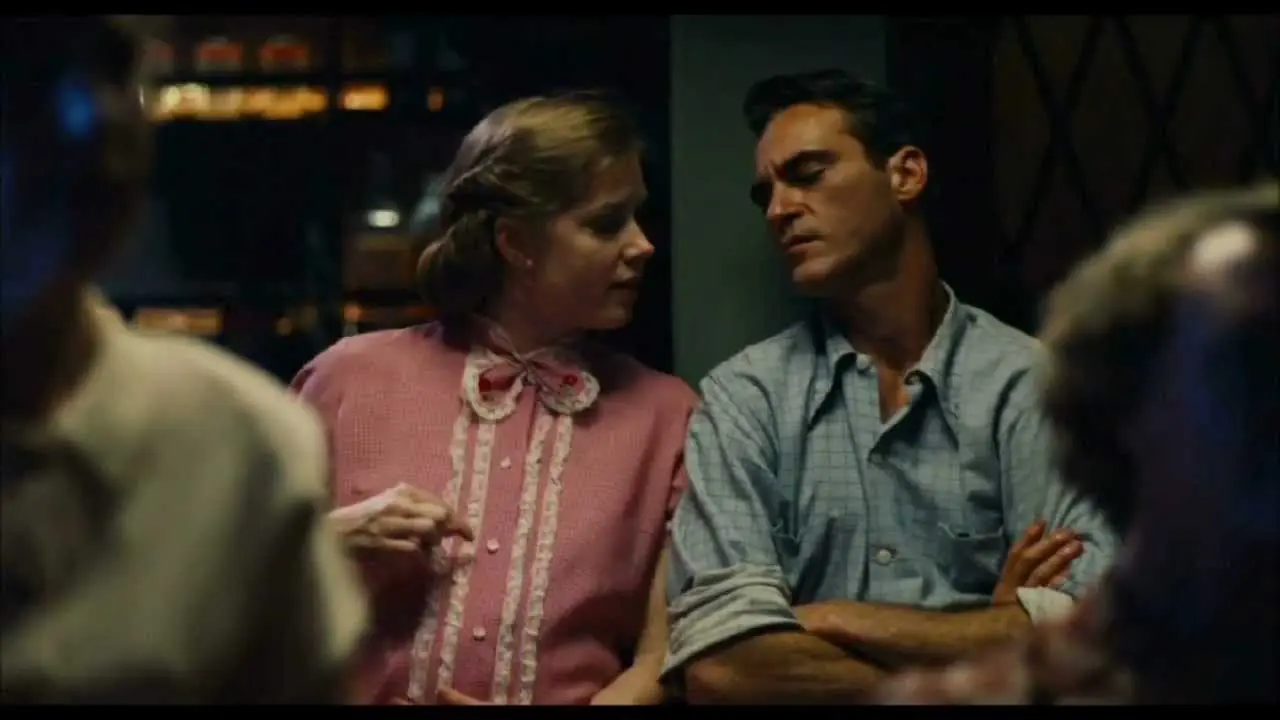
It wasn’t until after several viewings that I realized The Master is, at its core, a typical Paul Thomas Anderson film about human relationships and how these relationships inevitably affect one another. Once again, the creator of Magnolia presents us with the collision of two vastly different worlds, drawn together by some inexplicable force. Once again, we witness the confrontation of two extraordinary personalities—a battle of male characters. However, Anderson throws everyone off by complicating matters and emphasizing in interviews that his primary intention was to tell a love story. Is that really the case? I don’t rule it out, but more on that later. Initially, I thought I wouldn’t be easily swayed by the director’s assurances. Yes, the relationship between the main characters is based on mutual fascination, but undoubtedly, their closeness can be examined on many levels. There is a mix of the student’s fascination with the master, as seen in Hard Eight, but also the desperation of a son rejected and seeking the approval of an all-powerful father, a theme familiar from There Will Be Blood. There is also a religious conflict, where simple, almost crude, secular thinking clashes with inspired intellect. Let’s take a closer look at the main characters to try to understand their complex relationship.

